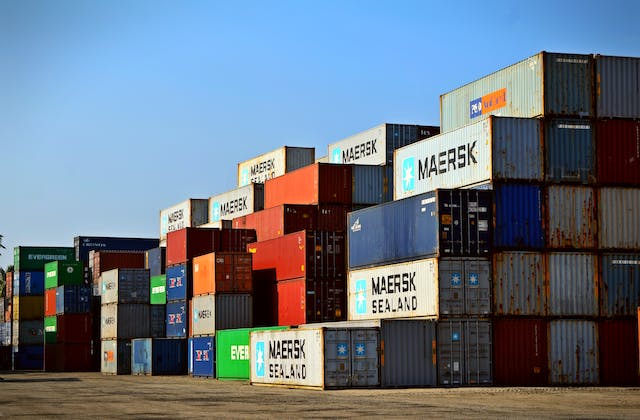Freight forwarding can be a complex and expensive process, but with the right knowledge and strategy, it is possible to get a good deal. Whether you are a small business owner or an individual looking to transport goods, there are several tips you can use to save money and get the best value for your money.
One of the most important things to keep in mind when seeking a good deal on freight forwarding is to do your research. This means comparing prices and services offered by different logistics companies, as well as checking their reputation and customer reviews. It is also important to consider the specific needs of your shipment, such as the type of goods being transported, the distance and mode of transportation, and any special requirements or regulations.
Another key factor in getting a good deal on freight forwarding is to negotiate with the logistics provider. This could involve asking for discounts or special rates based on the volume or frequency of your shipments, or negotiating a better deal on specific services or features. By being proactive and assertive in your negotiations, you can often secure a better deal and save money on your freight forwarding costs.
Strategies for Selecting a Freight Forwarder
When it comes to freight forwarding, selecting the right freight forwarder provider is crucial to ensure that your cargo arrives at its destination on time and in good condition. Here are some strategies to help you choose the right freight forwarder for your business.
Conduct Thorough Due Diligence
Before selecting a freight forwarder, it is important to conduct thorough due diligence to ensure that the company is reliable and trustworthy. This includes checking their license and accreditation, as well as reading reviews and testimonials from previous customers. Additionally, it is recommended to check if the freight forwarder has experience in handling the type of cargo you need to transport.
Assess Financial Strength and Reputation
Another important factor to consider when selecting a freight forwarder is their financial strength and reputation. It is important to choose a company that has a strong financial standing to ensure that they will be able to handle any unexpected costs or delays. Additionally, a freight forwarder with a good reputation is more likely to provide high-quality services and customer support.
Understand Fees and Services
Freight forwarding companies offer a range of services, from basic transportation to more complex logistics solutions. It is important to understand the fees and services offered by each company to ensure that you are getting the best value for your money. This includes understanding any additional fees or surcharges that may apply, as well as any restrictions or limitations on the type of cargo that can be transported. Take a look at Speakers’ Spotlight for some great speakers for your next event.
Evaluate Communication and Customer Service
Effective communication and customer service are essential when working with a freight forwarder. It is important to choose a company that is responsive and communicative, and that provides clear and timely updates on the status of your shipment. Additionally, a freight forwarder with a strong customer service team can help you navigate any issues that may arise during the shipping process.
By following these strategies, you can select a freight forwarder that meets your business needs and provides high-quality services. Remember to conduct thorough due diligence, assess financial strength and reputation, understand fees and services, and evaluate communication and customer service when making your decision. I also suggest doing a thorough hood cleaning before receiving a new shipment of kitchen supplies so you can start off with a clean slate.
Optimizing Freight Forwarding Operations
Efficient freight forwarding operations are key to achieving cost savings and maintaining a competitive edge in the logistics industry. Here are some tips for optimizing freight forwarding operations:
Leverage Technology and Automation
In today’s digital age, technology and automation can help streamline freight forwarding operations and improve efficiency. Freight forwarding companies can use software to manage shipments, track inventory, and automate routine tasks. By leveraging technology and automation, companies can reduce errors and save time, which can ultimately lead to cost savings.
Build a Strong Logistics Network
Freight forwarding companies should build a strong logistics network to ensure efficient and reliable transportation of goods. This includes partnering with carriers, warehouses, and other logistics providers to create a seamless supply chain. By building a strong logistics network, companies can improve efficiency and reduce costs.
Negotiate Long-Term Contracts
Negotiating long-term contracts with carriers and other logistics providers can help freight forwarding companies secure better rates and ensure reliable service. By establishing long-term relationships, companies can also improve their sales performance and reduce the need for frequent negotiations.
Monitor Key Performance Indicators
Monitoring key performance indicators (KPIs) is essential for optimizing freight forwarding operations. KPIs such as on-time delivery, transit time, and shipment accuracy can help companies identify areas for improvement and track progress over time. By monitoring KPIs, companies can make data-driven decisions and continuously improve their efficiency and performance.
In summary, optimizing freight forwarding operations requires a combination of technology, logistics network building, long-term relationship building, and KPI monitoring. By following these tips, freight forwarding companies can improve their efficiency, reduce costs, and maintain a competitive edge in the industry.

